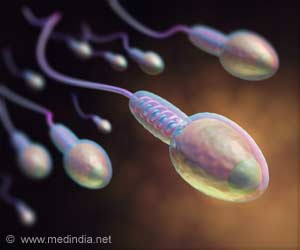A research team has discovered a new gene associated with Hypospadias, the congenital malformation of the male genitalia.

Hypospadias is a common congenital condition, which affects around 1 in 375 boys. In these infants the urethral opening is not located at the tip of the penis, but somewhere halfway, at the base of the penis, or in the scrotum.
Children with the condition typically undergo surgery between six and 18 months of age, but the malformation may have medical, psychological and sexual consequences later in life.
Dr Jo Knight, based at the Comprehensive Biomedical Research Centre at King's, assisted in the analysis of a genome-wide association study on 436 boys with hypospadias and 494 without the condition, which was undertaken by Loes van der Zanden and colleagues at Radboud University Nijmegen Medical Centre in The Netherlands.
The study revealed a strong association between changes in the DGKK gene and hypospadias. A boy with a modified DGKK gene has 2.5 times increased risk of being born with the condition compared to other boys.
The DGKK gene is located on the X chromosome and is therefore inherited from the mother.
Advertisement
Source-ANI















